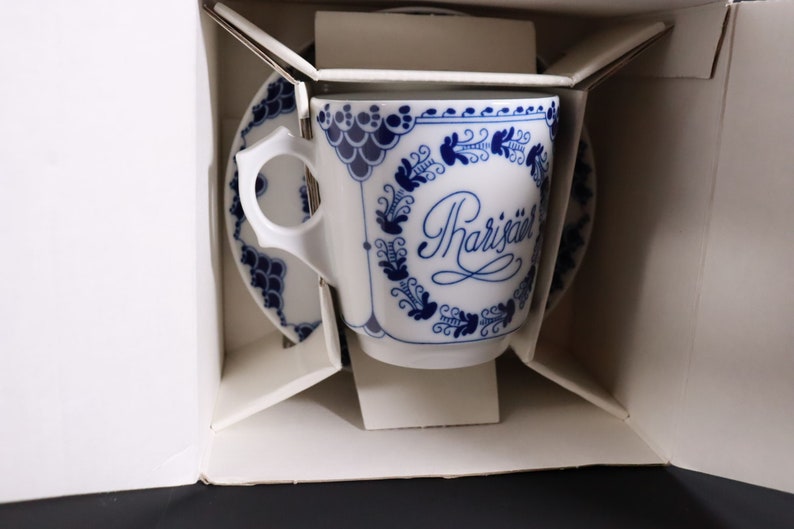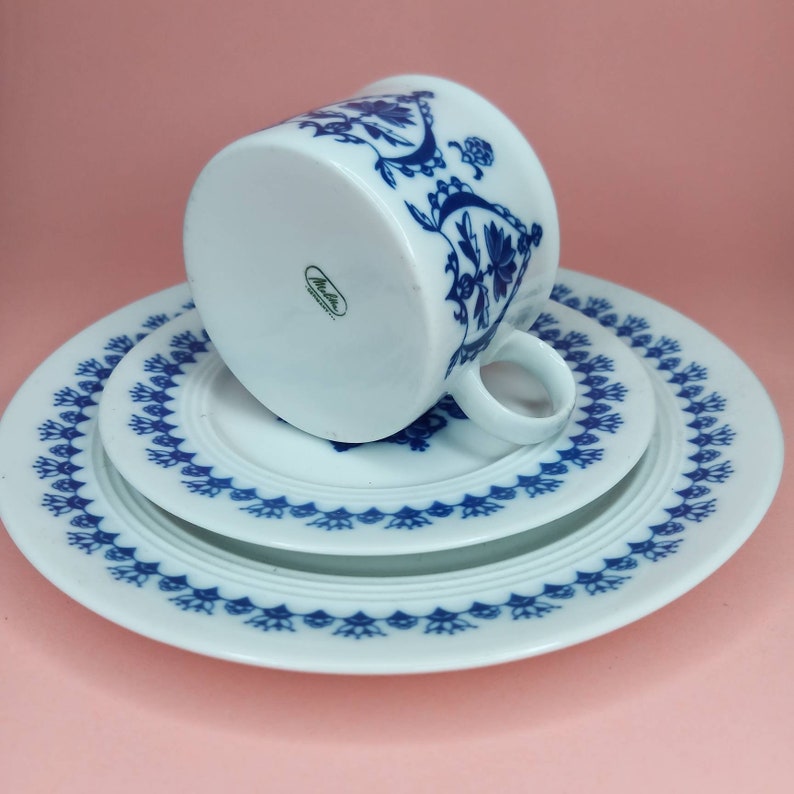The German favorite drink – filter coffee!
Time to have a deeper view into German coffee history and coffee specialties. With 162 liters per person, coffee is the favorite beverage of the Germans. We drink it alone or in company, in the morning, at noon, in the evening, to wake up, get ready and hold out. 57 % drink coffee several times a day. Until today filter coffee is the most common way to prepare coffee.
Coffee then
- 1673 opened Germany’s first coffee house in Bremen, the “Schütting”, 1677 follows Hamburg, 1686 Regensburg, 1721 Berlin.
- In 1764 an order from Berlin from 2,000 pounds of coffee from Martinique to 16 Sous is known.
- Around 1850 the coffee is a mass drink.
- In the early 20th century it is customary to drink coffee in the afternoon. “Kaffeeklatsch” is born.
- In 1903 the coffee importer Ludwig Roselius succeeded in decafing coffee “Sanka” with a group of researchers, without distorting the taste.
- In the family, due to the high taxation of coffee beans, up to the 1950s the coffee substitutes Muckefuck is the standard coffee.
Advertisment
Coffee today
- 2015: Is coffee roasted in Germany worth 1,718 million Euros.
- The coffee industry in Germany is an oligopoly: 6 suppliers, including Tchibo and Aldi, share 85% of the market.
- The proportion of certified sustainable cultivation is about 8 %.
- Every year, the state earns 1,000 million Euros to the coffee drier thanks to the coffee tax.
How Germans drink their coffee
With all the latte macchiato and coffee-to-go mentality, the Germans still drink 65.7% the favorite filter coffee. The Italian mixed drinks reach just 39.8 %. Black coffee only 21.1% prefer, with milk 41.5% and with sugar every third. For 41.7%, sweetness belongs to the coffee, and a moment’s silence for 37.4%.
Advertisment
- Filter Coffee: either prepared with a filter coffee maschine or hand filter
- Milchkaffee: mostly half milk, half coffee
- Eiskaffee: chilled coffee with vanilla ice cream and whipped cream
- Pharisäer: (Northfriesland) black coffee with a dice sugar, 4 cl rum and whipped cream with chocolate sprinkles.
- Holzländer Rumkaffee: (Thuringia) Coffee with rum and sugar
- Schwaten / Schwatten: (North German specialty) weak coffee with sugar and 2 cl “Korn”
- Rüdesheimer Kaffee: Coffee flambéed with wine brandy, with whipped cream, vanilla sugar and chocolate sprinkles
- Holländischer Kaffee (in the Rhineland) Coffee with egg liqueur, whipped cream and chocolate sprinkles
- Muckefuck: Coffee substitutes from different grains and chicory, then as a substitute today as an alternative.
Advertisment
For advertising links on this page the dealer may pay a commission. These advertising links are marked with an asterisk (*) – images and banners are marked with “Ads” or “Advertisment”. There are no costs for you. Find more information in the data protection regulations here.














